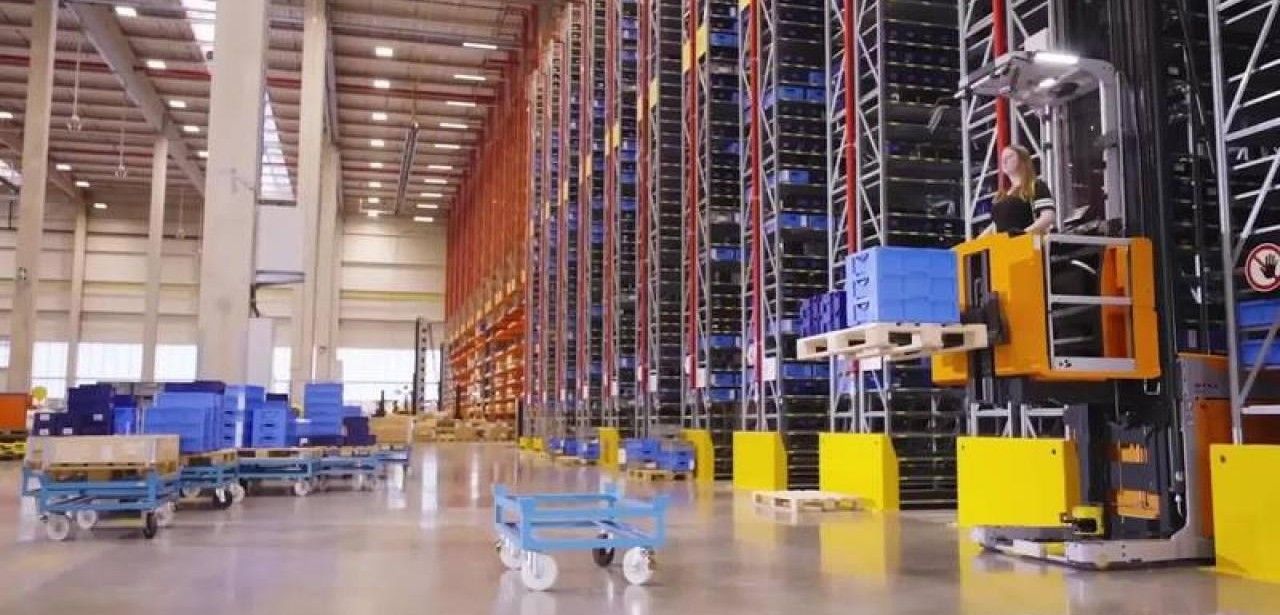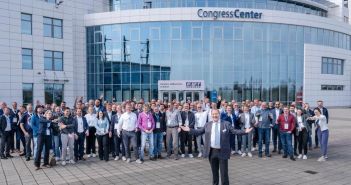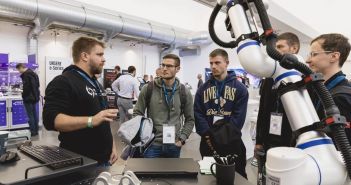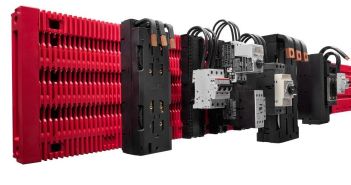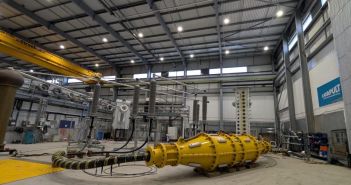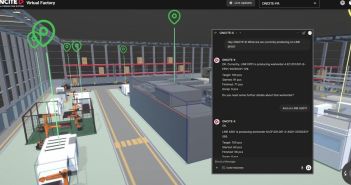The experts in intralogistics at STILL, based in Hamburg, have presented the results of their research on open 5G campus networks in the industry as part of the CampusOS project. Autonomous vehicles, intelligent warehouse management systems, and cloud-based controls are already revolutionary for logistics, but their full potential is only realized with a powerful communication infrastructure. STILL has tested the network infrastructure in warehouses as part of the CampusOS project and demonstrated the role that 5G plays in the future of intralogistics.
Enabling Efficient Intralogistics: The Role of Communication in Industry 4.0
Efficient intralogistics based on Industry 4.0 applications and automated processes require seamless communication between automated vehicles, warehouse management systems (WMS), and control systems. A stable communication environment with low latency is crucial for the efficient operation of the most advanced fleets of Automated Guided Vehicles (AGV). This ensures smooth coordination and real-time data exchange, optimizing the overall performance of the intralogistics operations.
As part of the CampusOS project, STILL made an investment in a 5G-SA campus network in 2022. The purpose of this investment was to test the seamless control of driverless transport systems (FTS) and the real-time transmission of high-resolution video data. This demonstrates STILL’s commitment to exploring the potential of 5G technology in the field of intralogistics.
The research project CampusOS, funded by the Federal Ministry for Economic Affairs and Climate Protection, has investigated the use of open, modular 5G campus networks for industrial applications. These open campus networks allow for individual customization to the specific application, making them more cost-effective and intelligent compared to manufacturer-specific solutions. The project has demonstrated that 5G is a powerful alternative to WLAN in the field of intralogistics, as it provides guaranteed bandwidth and stable connectivity for numerous devices.
The findings from CampusOS are groundbreaking for the entire industry, as they address the need for powerful data processing in Industry 4.0 concepts and machine learning. With the limitation of Wi-Fi availability in outdoor areas, 5G has the potential to play a key role in enabling seamless communication. Although company-owned 5G networks are currently expensive, the implementation of open 5G campus networks is expected to reduce costs significantly.
STILL is at the forefront of driving the development of open 5G technology, benefiting their customers. The open networks created in Hamburg can be easily industrialized, allowing customers to immediately benefit from the results of CampusOS. The insights gained from this project also support the development of future mobile technologies such as 6G or the new 26-GHz band.
Open 5G campus networks offer completely new perspectives for smart intralogistics. STILL is a pioneer in digital transformation and is driving the development of this technology forward to provide customers with optimal benefits. The future of intralogistics is revolutionized by the possibilities of 5G, and STILL plays a crucial role in this development.


